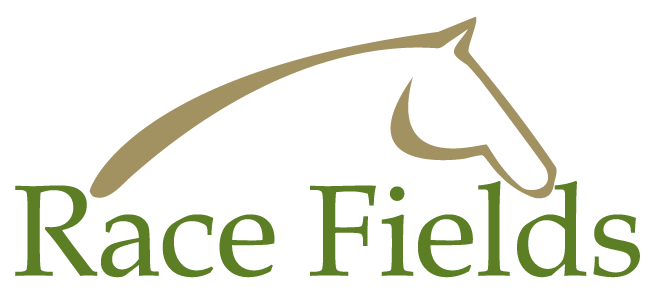Hot weather, especially if combined with high humidity and still air, places the working horse at risk of heat stress. If not properly managed heat stress can result in organ failure with collapse and even death in severe cases. Signs can appear suddenly and progress rapidly to a critical level. Prompt action is needed to cool an affected horse.
Signs of heat stress include:
• Elevated body temperature above the normal 38 degrees Centigrade. Body temperature above 39 degrees is significant and when it reaches 40 degrees or more, the horse is in trouble.
• Elevated respiratory rate. Whilst the rate always rises during exercise, an increased respiratory rate prior to exercise may be due to heat stress – check the horse’s temperature.
• After exercise, if the horse is sweating profusely and the respiration rate remains high for more than a few minutes, check the temperature and if it’s raised, begin aggressive cooling immediately.
• A severely heat stressed horse will be panting hard, usually be sweating heavily, have its head down with the nostrils flared, may shiver or shake occasionally, and look exhausted.
• Horses which are not sweating properly are said to be “Dry Coated”. This is a failure of the normal sweating mechanism and drastically reduces the ability of the horse to cool itself naturally. These horses are especially prone to heat stress and require rapid intensive cooling during and immediately following competition in hot conditions.
If in any doubt about heat stress in your horse, seek veterinary advice without delay.
Keys to keeping your horse cool.
• Avoid direct sunlight so far as practical. Keep in the shade.
• Stand on grass or dirt rather than concrete, gravel or asphalt.
• Find a spot where there is some air movement – even a slight breeze helps evaporation of sweat and increases the rate of cooling.
For rapid cooling after an event:
• Cold water hosing: especially between the hind legs, and under the belly and neck where it will do the most good.
• Ice water, lots of it, sloshed on then scraped off repeatedly until it comes off cool
• Air movement – fans if available.
• In severely hot weather, pre-cooling before competing may be appropriate.
Nutrition and Heat Stress.
Three things help the horse to cope with hot conditions:
1. Drinking Water. Clean fresh and cool but not cold and plenty of it at all times.
2. Salt and Electrolytes which are lost in sweat need to e replenished, especially in heavy sweating horses. The dose may be as high as 120 gm per day. Follow the package directions.
3. Fibre. Fibre from primarily hay and other forage feeds helps promote retention of water in the hind gut. This can act as a “Heat Sink” providing a cool core to counteract the massive heat generated by muscles.









